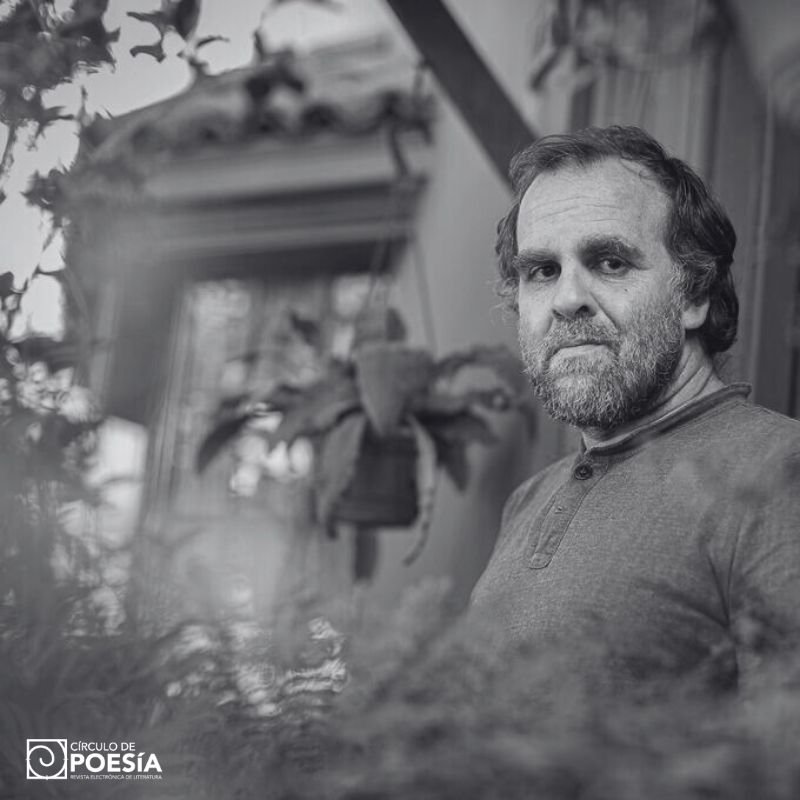Today at Círculo de Poesía, we present three poems by Sara Teasdale (1884-1933). A lyrical poet, Teasdale centered her themes in her personal circumstance and in the perks of being a woman in the early Twentieth Century; her poems, which started as simple and musical lyrics, turned to darker themes in her later poetry, wherein she wrote about death and eternity with an ability comparable to that of her forerunner, Emily Dickinson. Here we present three of her later poems.
Spanish versions by Sergio Eduardo Cruz
Hoy en Círculo de Poesía, presentamos tres poemas de Sara Teasdale (1884-1933). Poeta lírica, Teasdale centró sus temas en la circunstancia personal de una mujer en la evolución temprana del siglo XX; sus poemas, que en épocas tempranas eran simples textos de musicalidad intuitiva, llegaron a temas oscuros en su poesía adulta: en ella, escribió sobre la muerte y la eternidad con una soltura comparable a la de Emily Dickinson. Aquí presentamos tres de sus poemas tardíos, en traducción de Sergio Eduardo Cruz.

The Sanctuary
IF I could keep my innermost Me
Fearless, aloof and free
Of the least breath of love or hate,
And not disconsolate
At the sick load of sorrow laid on men;
If I could keep a sanctuary there
Free even of prayer,
If I could do this, then,
With quiet candor as I grew more wise
I could look even at God with grave forgiving eyes.
El santuario
Si pudiera mantener al Yo más profundo
sin temores, sin ataduras, libre
del más leve peso de amor o de odio
y que no se sintiera triste
ante la imagen de cuánto sufrimos oprobio;
si un templo pudiera construirme
libre incluso de rezos, de todo,
si yo pudiera, quizás, escindirme
para encontrar conocimiento en candor silencioso
podría incluso mirar a Dios con mis graves, piadosos, ojos.
Since There Is No Escape
Since there is no escape, since at the end
My body will be utterly destroyed,
This hand I love as I have loved a friend,
This body I tended, wept with and enjoyed;
Since there is no escape even for me
Who love life with a love too sharp to bear:
The scent of orchards in the rain, the sea
And hours alone too still and sure for prayer—
Since darkness waits for me, then all the more
Let me go down as waves sweep to the shore
In pride, and let me sing with my last breath;
In these few hours of light I lift my head;
Life is my lover—I shall leave the dead
If there is any way to baffle death.
Porque no hay escape
Porque no hay escape, siendo que al final
se destruirá esta forma en que me habito:
esta mano querida, como la de un amigo,
este cuerpo que ha sido mi bien y mi mal;
al final, entonces, no hay manera de escapar
ni aún para quien ama esta vida demasiado:
el olor de jardines en la lluvia, el del mar,
y las horas tan lentas en que no se ha rezado.
Como aquí la oscuridad me espera, nada más
permítanme quebrarme como olas en la costa
y que, orgulloso, mi canto brote hasta exhalar
sólo otra vez: en la vía postrera diré orgullosa
que fui amante de la vida, que lo he sido siempre,
que dejaría a los muertos engañando a la muerte.
Union Square
Por aquí con el que amo y no me ama
caminaba por la calle, entre lámparas:
miramos cómo el mundo volvía a casa
de Union Square, en estampida vasta.
Me reclinaba para alcanzar sus palabras
que eran casi leves copos descendiendo;
sin embargo el nunca, ni pensar, reclinaba
su cabeza para oír mi corazón pidiéndolo.
Y así pasó la noche, nosotros en la plaza
más allá de las luces violentas de los cines
a los que acuden chicas de miradas vanas
para saciar aquello que todo hombre pide.
Y estábamos ahí caminando, caminando,
hasta que en la última puerta dijimos adiós
y supe en su sonrisa, en su ser ensimismado
que al ruido de mi corazón nunca atendió.
Por aquí con el que amo y no me ama
caminaba por la calle, entre lámparas,
buscando amor también yo, mujer vana
entre las luces de Union Square, sin casa.
Union Square
With the man I love who loves me not,
I walked in the street-lamps’ flare;
We watched the world go home that night
In a flood through Union Square.
I leaned to catch the words he said
That were light as a snowflake falling;
Ah well that he never leaned to hear
The words my heart was calling.
And on we walked and on we walked
Past the fiery lights of the picture shows
Where the girls with thirsty eyes go by
On the errand each man knows.
And on we walked and on we walked,
At the door at last we said good-bye;
I knew by his smile he had not heard
My heart’s unuttered cry.
With the man I love who loves me not
I walked in the street-lamps’ flare
But oh, the girls who ask for love
In the lights of Union Square.





